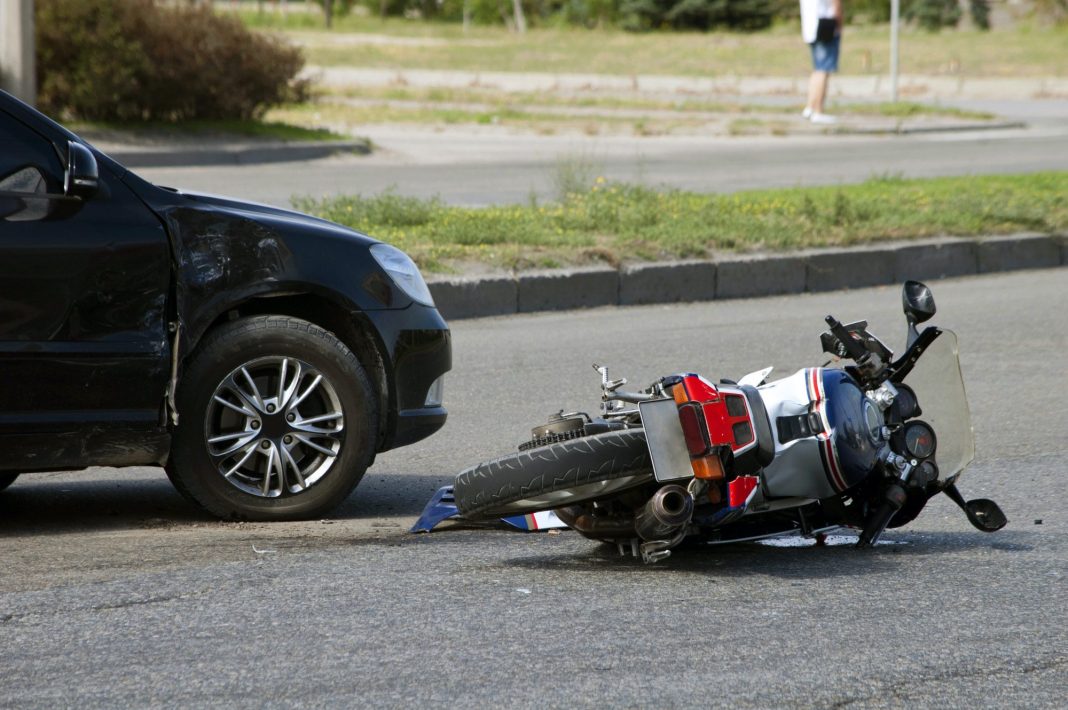Accidents involving collisions between motorcycles and cars are far too frequent on roadways across the country. South Carolina, for instance, ranked eighth nationally for fatality rates among motorcycle riders in 2021.
Once two separate vehicles, such as a motorcycle and a car, collide, the question of fault emerges immediately. Determining who was at fault can be an intricate and time-consuming process, requiring investigation and legal expertise.
We explore these nuances here in motorcycle-car collisions, providing insight into which factors play a key role. If you have been injured in a motorcycle accident, legal assistance should be sought immediately. Let’s say you live in Myrtle Beach, SC. Search for an established Myrtle Beach motorcycle accident lawyer & law firm to learn more about your legal rights.
Motorcyclists and Drivers Share Responsibility
While driving a car or riding a motorcycle may require different skills and knowledge, both drivers and motorcycle riders share the responsibility of creating a safe and secure environment.
Drivers must be aware that motorcyclists may be closer to them than they appear. Motorcyclists must also ride defensively. Motorcyclists and drivers must share the road with care and awareness. Drivers must exercise reasonable care to prevent motorcyclists from being injured on their journeys. They must exercise such care as not to cause injury to motorcyclists themselves.
The motorcyclist also has certain responsibilities. These include slowing down when entering corners, wearing protective equipment, riding out in the open, and not entering a driver’s blind spot. A motorcyclist should not ride between lanes of traffic that have stopped or are moving slowly.
Factors Influencing Fault Determination
- Traffic laws and regulations: The initial step in determining fault for any accident is to see whether any traffic laws and regulations were broken by either side. Was one vehicle running red lights, failing to yield, or engaging in lane-splitting activities that may or may not be legal in their particular jurisdiction? Adherence to traffic laws plays a crucial role in establishing fault.
- Right of way: Being aware of who had the right of way at the time of an accident is of utmost importance. Right-of-way violations can be a key factor in assigning blame. For example, if a car made an illegal left turn in front of an oncoming motorcycle, it could be held liable for not yielding.
- Negligence and carelessness: Negligence and carelessness refer to any actions considered reckless or dangerous. These may include speeding, texting while driving, and driving under the influence. Such actions can significantly impact fault determination.
- Witness testimonies and evidence: Eyewitness accounts and physical evidence (skid marks, debris) are important tools in reconstructing what happened before an accident and can shed light on who may have caused it. Witness accounts help build up an image of who may be at fault for an incident.
- Motorcycle-specific factors: Motorcycles have unique characteristics that must be considered. Factors such as maneuverability, visibility, and the risk of loss of control on a motorcycle all play an integral part in fault assessment.
- Comparative negligence: Some jurisdictions adhere to the principle of comparative negligence, where the blame may be divided among multiple parties depending on their respective degrees of responsibility for an act or incident. For instance, if a car made an illegal turn while there was a speeding motorcyclist, the fault may be divided proportionately.
- Expert analysis: Accident reconstruction specialists and automotive engineers may be called upon to analyze the collision, vehicle damage, and other factors. Their expertise can provide valuable insights into the sequence of events and help determine faults.
The Legal Process
After being involved in a motorcycle-car collision, the legal process can be complex and daunting. Insurance companies usually conduct investigations to establish fault, but these investigations could potentially be biased toward protecting their policyholders.
Accident victims must consult legal experts who specialize in personal injury and traffic law. An experienced Motorcycle Accident Attorney can navigate the complexities of fault determination, negotiate with insurance companies, and ensure that the victim’s rights are protected.
Challenges in Determining Fault
Determining fault in a motorcycle-car accident is hardly ever straightforward. Several challenges can complicate the process, including:
- Bias and misconceptions: Preconceived notions about motorcyclists can lead to bias against them, potentially affecting how fault is assigned. Addressing these biases is essential for a fair evaluation.
- Limited evidence: Sometimes, due to the chaotic nature of accidents, evidence can be scarce or inconclusive. This makes fault determination more difficult.
- Inaccurate perceptions: Eyewitnesses may misinterpret events due to the rapid nature of accidents or their perspectives. This can lead to inaccurate perceptions of fault.
- Insurance companies’ interests: Insurance companies may prioritize minimizing their payouts over accurately determining fault. This can lead to disputes and prolonged legal battles.
Final Words
Determining fault in a motorcycle-car collision is a complex task that takes multiple factors into careful consideration. Given their unique dynamics and traffic laws that often conflict, as well as human behavior factors, fault assessment can be extremely complex.
Legal experts, law enforcement, and the public must work together toward creating safer roadways so justice is served and those affected by accidents receive the support they require. Seeking legal assistance could make all the difference when facing this dilemma of fault determination.









